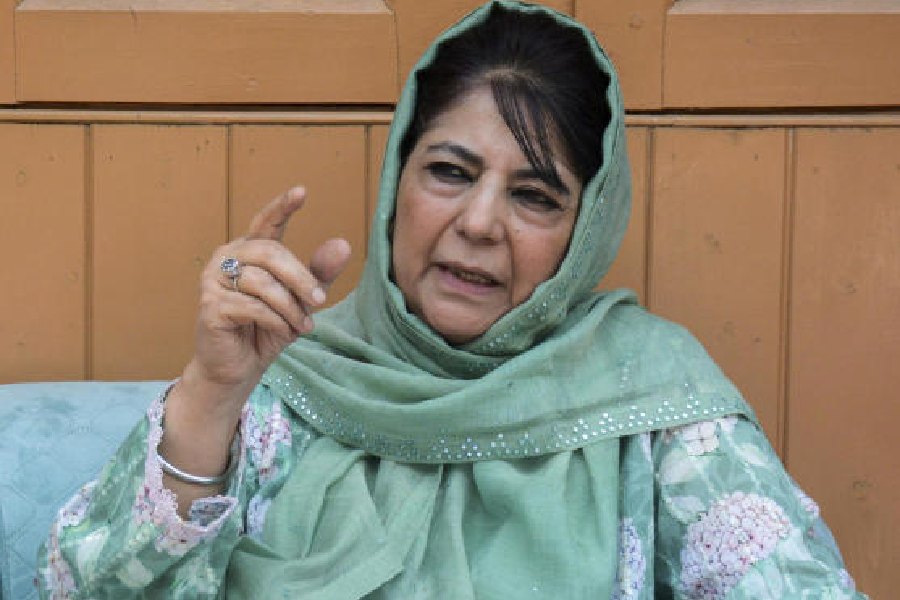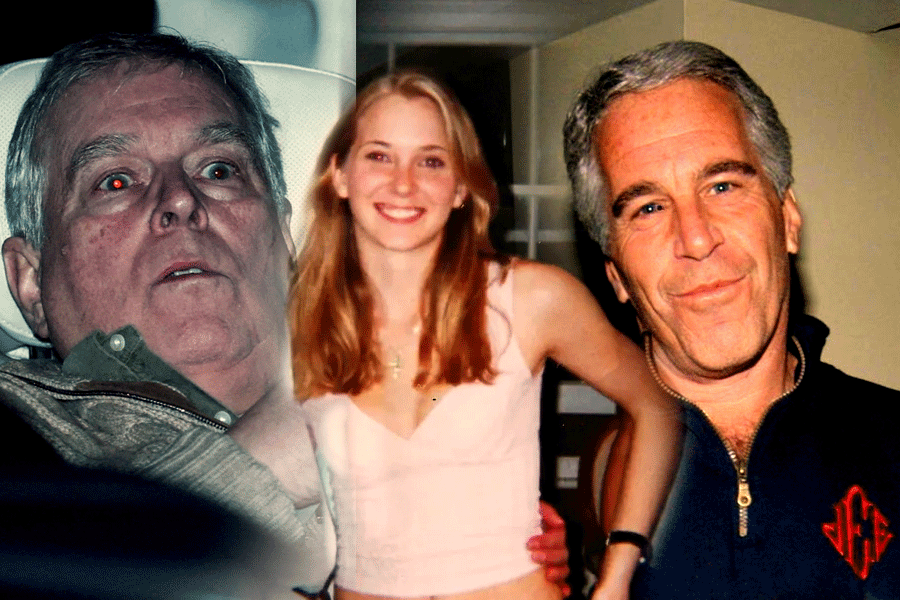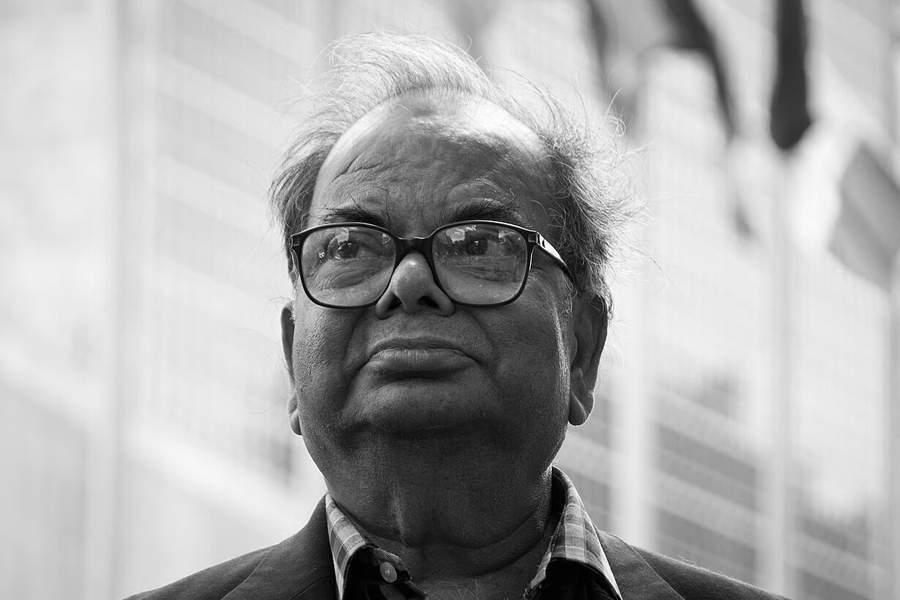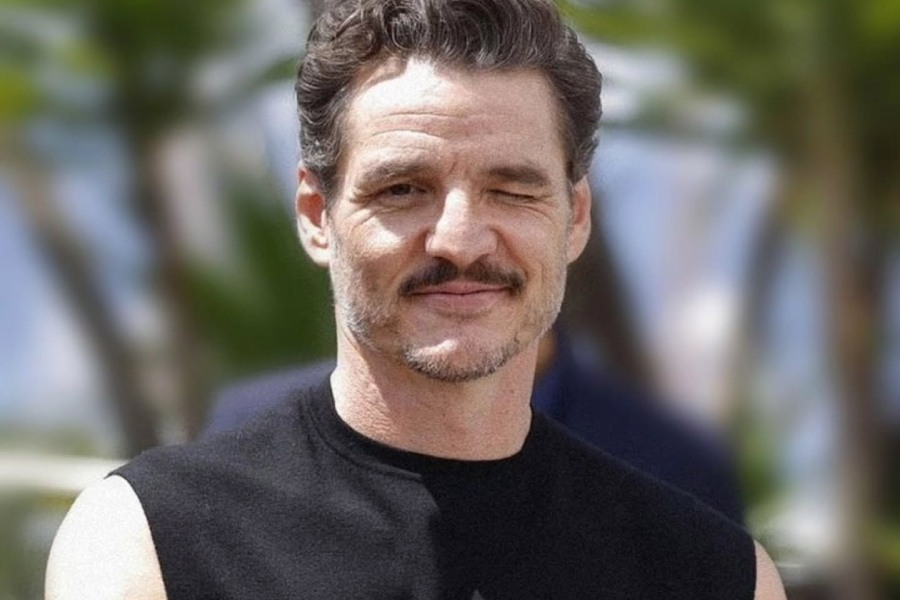|
|
If a miracle happens and Palestine becomes a fully-fledged state rather than an illegally-occupied territory, how big will it be? By my calculations, less than a tenth of the size of Jharkhand (28,832 square miles) or about a seventeenth the size of West Bengal (38,202 square miles). At 2,200 square miles, the West Bank of the Jordan has the acreage of an average English county. Add the 140 square miles of the Gaza Strip and you’re still left with a nation that could fit easily into one half of Yorkshire. Subtract the many Zionist enclaves inside the West Bank that Israel will never abandon, and the Palestinian state begins to look very small indeed — small and ragged and split into two unconnected parts. Can an independent nation — an anthem, an army, a capital, a bureaucracy, a soccer side — be built from this?
When I went to the West Bank a few weeks ago I met no Palestinian who believed so. People laughed at the idea that the Bush and Blair ‘peace process’ would yield a viable Palestinian state. For them, Israel has ‘won’. It has imprisoned Gaza and it controls the West Bank. Jewish settlements are creeping steadily east to the Jordan river, often far in advance of the eight-metre high wall, officially known as the Israel-West Bank Barrier, which itself has grabbed land beyond the internationally-recognized boundary. Israeli checkpoints control the movement of Palestinians inside the West Bank — from town to town and sometimes inside towns — as well as at the borders with Jordan and Israel. A new road system is being built with separate roads for Israelis and Palestinians, whose buses and cars carry number plates which identify their owners as one or the other. Nobody who sees this can doubt that Israel is moulding Palestine to meet its own desires and fears, and that the world beyond — particularly but not exclusively the US — is doing very little to prevent a programme of subjugation and control.
I was part of a new literary event, the Palestine Festival of Literature, and the people I met in Ramallah, Bethlehem and Jerusalem were far away in spirit from Islamic fundamentalism or suicide bombing. Our audiences were overwhelmingly middle-class: academics, poets, English literature students, Christian priests — the kind of mild and thoughtful people who attend cultural events everywhere. Again and again they said the same thing. They felt beleaguered and ignored. “If you ask me what being a Palestinian means, it means isolation,” said the writer Suad Amery at a meeting in Ramallah. “We feel we’re disappearing, vanishing from the world’s view behind this apartheid wall that Israel has built.”
We followed the wall like tourists, getting out of our bus on the Palestinian side to inspect the murals and graffiti that have become internationally famous. For Israelis, the wall offers the promise of security from terrorist attacks — its official purpose. For Palestinians, the wall is nothing more than a means of making more of the West Bank de facto Israeli territory. At Bethlehem it diverts from its course and cuts through streets near the heart of the town to ‘protect’ Rachel’s tomb, which is sacred to Jews, while at the same time separating 1,835 Palestinian Christian families from their olive groves. Under Israeli law, land that goes uncultivated for a few years can be confiscated by the state. The olive groves, so every Bethlehemite believes, will eventually become Israeli, perhaps as yet another settlement for Zionists migrating from America.
A Lutheran pastor in Bethlehem, the Rev Dr Mitri Raheb, showed us around. The wall also meant, he said, that Bethlehem couldn’t expand. “We cannot start new neighbourhoods, we can expand only vertically. Any city that cannot grow is doomed to die. And then the Zionist myth will become a reality. You know, This is a land without a people for a people without a land.” He pointed out a new road bridge built on confiscated Palestinian land, for a road that Palestinians are forbidden to use. “One land, two systems,” said the pastor. “The West Bank is like a Swiss cheese, where the Israelis get the cheese and the Palestinians get the holes.”
I asked him if he had any optimism about a solution. Like everyone else, he said not. “I’m very pessimistic in fact. I define optimism as listening to the radio in the morning and thinking that George Bush or Tony Blair is going to solve it. They won’t. Israel is implementing three systems it borrowed from three other continents. The wall from Berlin, apartheid from South Africa, reservations from the treatment of Native Americans in the US. Nobody can stop it. It will affect both Israelis and Palestinians very badly for at least two generations.”
What the Palestinians who came to our readings and discussions wanted to know was: why did the world no longer care? I had no easy answer, but offered a few guesses. First, the Israel-Palestine conflict has lasted since Israel was founded sixty years ago. Many of us have spent our entire lifetimes as distant witnesses to a terrible problem that seems insoluble; as a media audience we’re bored with it. Second, 9/11 and the suicide bombings in Israel have tended to change the Western view of Palestinians from “an oppressed and stateless people” into “Islamicist fanatics”.
All I can say, on the evidence of a week there, is that the more the rest of the world ignores the great injustice being done to the Palestinians, the more ‘fanatic’ they will become. Many of the middle-class are getting out, just like the millions who have left Iraq. What passes for Palestine’s present administration, the Palestinian National Authority, is widely despised. The late Yasser Arafat may have a splendid tomb, but what people choose to remember about him is corruption. Older political forms — nationalism, socialism — have decayed. The politics of religious identity has a vacuum to fill.
It is such a small place, Palestine. Even if you combine it with Israel, you could still fit three Israel-Palestines comfortably into West Bengal. But it remains the world’s most intransigent national problem, with tentacles that stretch into American Zionism and Iranian oil and the potential to destroy much more than the olive groves of Bethlehem. I recall the words of the Palestinian choreographer and writer, Omar Barghouti, at our Ramallah hotel, quoting John Stuart Mill on the uniqueness of human beings as ‘culture-bearing’. “Palestinians are always portrayed in the world’s media as either the victims or the perpetrators of violence. We don’t appear as cultural beings. We appear as relative humans.” That (at least that) needs to change.
*******
Quite suddenly a feeling has crystallized in Britain that the good times are over. The darker mood began in summer last year with the credit crunch that British banks imported from Wall Street. Then it spread to house prices, then to consumer spending. For a few months a brittle agnosticism about the future prevailed. Economists predicted things would get worse, perhaps, but not by too much. Property prices might stay the same or decline only slightly. Interest rates came down by 0.5 per cent. Economists said that the long boom might have what they called ‘a soft landing’. In fact, as I think most people knew deep down, we were all drifting in a canoe towards the Niagara. Cheap credit has dried up and house prices are now expected to decline by 20 per cent over two years — a figure that 12 months ago was regarded as laughably pessimistic. More ominously (because property values are a crazy barometer of national well-being), the soaring price of oil and food is beginning to demand changes in the way we live — permanent changes to our reckless patterns of consumption and pleasure. Smaller cars, fewer flights, cheaper restaurants, or even the prospect of going without them altogether.
As politicians come to power by persuading electorates that they will make them happier, by which until now they have meant richer, they are hopeless at speaking honestly about this. Every party pretends it has some solution when the crisis is global and beyond local control. The earth’s resources are finite. Carbon fuels are killing us. Droughts are destroying agriculture. The world’s population keeps on growing. The rich among us eat, drink, drive and fly too much.
At a conference on climate-change a few years ago, I heard a speaker put a very good question: “How do we persuade people to vote for less?” You might say that Churchill did something like this when he promised a future of ‘blood, sweat and tears’, but that was in wartime when he had no electorate to face. Perhaps Gandhi could have done, but looking around me I see very few Gandhians. Petrol goes up by 10 pence a litre at the pumps and the yelp of protest makes every British politician come running, promising that they can cure the consumer’s pain. It would be refreshing to hear them confess what is so obviously true: that the prognosis looks bleak and they can’t.











